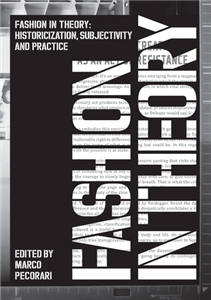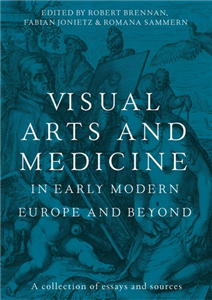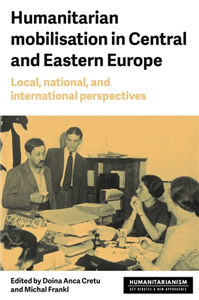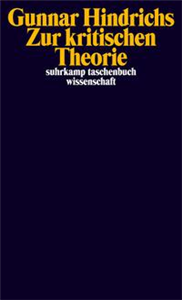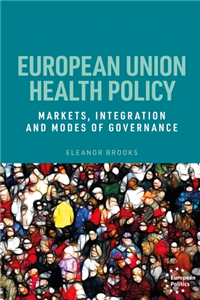Optima Communications
Lisa Bjerke is the owner and director of Optima Communications. Optima Communications provides customized assessments, coaching, training, and workshops to meet the unique communication needs of each individual, group or organization. Training is facilitated onsite in the workplace or virtually. Lisa has a Master’s degree in Speech-Language Pathology. She is a corporate communication coach working with clients to enhance communication skills. These skills include: active listening, clear verbal expression, emotional intelligence, cultural diversity and communication, and managing difficult conversations. Lisa is a communication and professionalism coach with the University of Calgary’s Cumming School of Medicine and Post Graduate Medical Education Program. Lisa is a recognized expert in accent assessment and training. She is the author of Accent on Canadian English: a pronunciation program for speakers of English as a second language™, Accent on Canadian English™ e-book, Accent on Clear English™ International e-book and the Accent on Canadian English Pronunciation Assessment Kit™. She is also the creator of the Accent on Clear English™ eCourse https://acetraining.online
View Rights Portal







